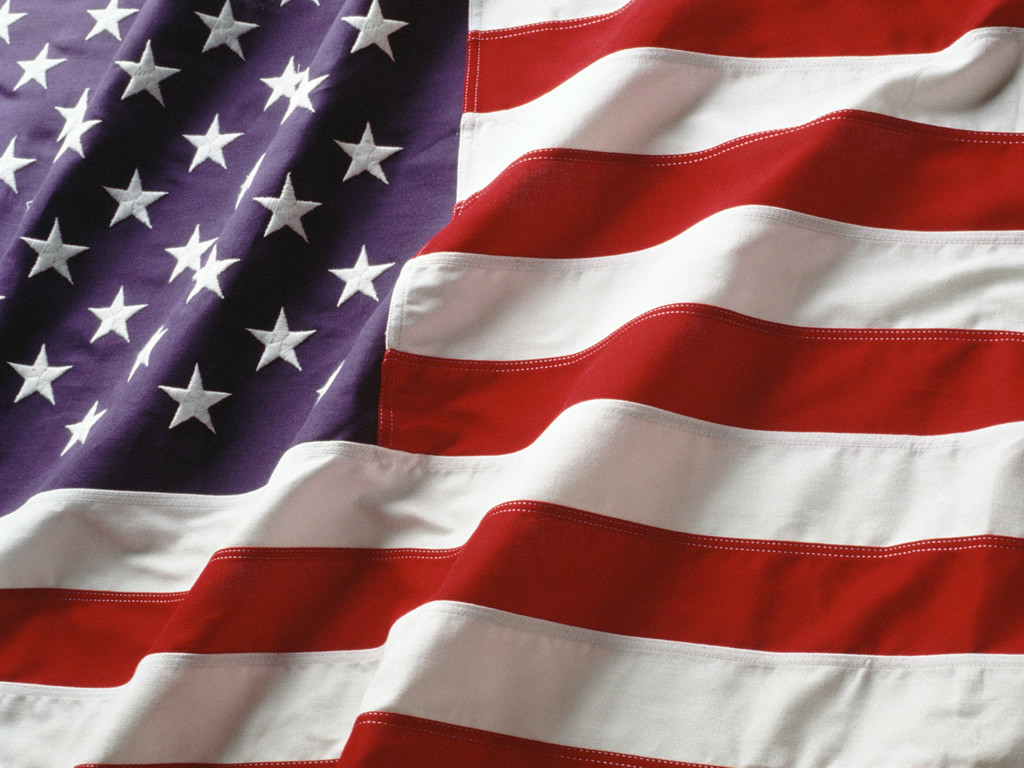
Four years ago today I was substitute teaching in a familiar classroom of fifth graders. After a contentious presidential election campaign, I thought the history lesson of watching the inauguration would be good for my students: they could watch as two very different sides would come together under the banner of unity to celebrate the peaceful transition of power in the world’s oldest democracy. Though personally disappointed in the result of the election, I nonetheless held out a modicum of hope that the new president, through his choices of advisors and cabinet officials, could lead the nation forward. I was wrong on both counts.
As the inauguration preliminaries played out on the big screen, most students quietly did their morning work, largely uninterested in the distant events in our nation’s capital A few, whose parroted views had been overly enthusiastic (for ten-year-olds) throughout the previous fall, continued their boisterous cheering of their candidate’s victory. Others, more reserved in defeat, sat in silence.
Then I saw her: one normally-bubbly student sitting with head down, unable to focus on the page on her desk, tears streaming down her face. I knelt down beside her and asked what she was thinking.
“I’m afraid my family will be deported,” she replied.
I knew nothing of her background beyond that she was Hispanic. Were her parents illegal immigrants? Had she been born in the U.S. or in Mexico? In that moment, none of that mattered to me. All that mattered was that one of my students, a ten-year-old girl, was not celebrating democracy but fearing for her own security, her family’s security, her future. Far more devastating than an election loss was, for this girl, the prospect of losing her family and likely the only home she had ever known. She was afraid—legitimately, I think—not only because of the words she had heard on the nightly news from the man becoming president, but because those same words were coming from the lips of her fellow students.
As adults, we have learned to distinguish between the bombastic speeches we hear or read and what we can expect in reality. Friends, neighbors, and politicians alike will often speak far more boldly from behind the safe wall of a camera or social media, but never act on their bold speech or thinly-veiled threats. Fifth graders haven’t yet learned to separate that.
As I sought to comfort and give hope to my young student, I was caught in a poignant, agonizing moment that portended what would lay ahead in ways I would never have imagined … or, indeed, feared. Never in my wildest dreams did I consider that just two weeks before the next inauguration, our nation’s capitol building would come under attack not from a foreign enemy, but from within, from Americans fighting for their own distorted view of democracy. Never did I imagine that the president whose inauguration that little girl feared would be accused by long-time allies—members of his own party—of inciting an insurrection against his own capitol. And yet that is precisely what has taken place in the past two weeks.
And so on this Inauguration Day in 2021 I watched with a greater hope as our nation once again celebrated democracy’s greatest tradition: a peaceful transition of power. It was, again, a poignant moment, historic not simply as every inauguration has been historic, but because of the firsts: the first woman, first African-American, first Asian-American vice president (sworn in by the first Latina Supreme Court justice); the oldest first-term president (significant in a myriad of ways!); the first time in more than a century that the outgoing president has been absent from the inauguration. It was a poignant moment because of the pandemic that has gripped our nation and the world for the past ten months. There will be no comparison of crowd sizes this year, but the Capital Mall was resplendent with thousands of flags representing the nation, the states, the territories.
And it was poignant for me because of the hope I feel again: hope that our nation can begin to heal, hope that we can begin to put division and disunity behind us, hope that we can rejoin the nations of the world in working together for peace and prosperity for all. It won’t be easy. Millions still grieve their candidate’s loss; many still mistakenly—or willfully—believe that the election was fraudulent. Many of us—myself included—still have questions about the new administration and its commitment to values we hold. It will take all of us putting aside our differences in order to move forward in unity.
And yet today I am convinced that we can walk through the hard days ahead with hope. And hope is one thing that has been in desperately short supply these past four years.
